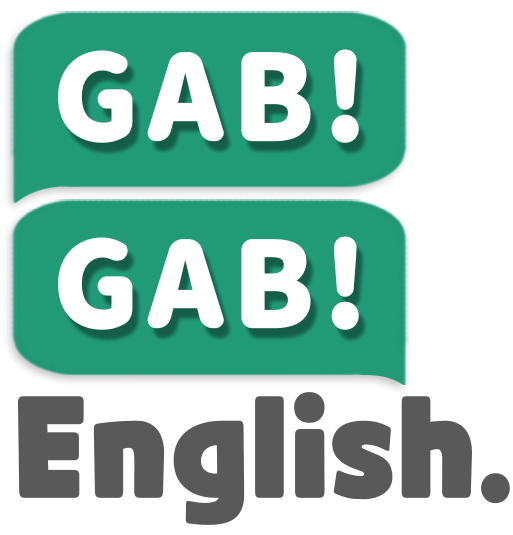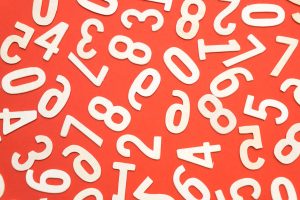
Hobbies! 취미 [표현사전]
Hobbies (취미) "hobbies"는 복수형인데요. 단수형은 "hobby"입니다. 대부분 사람들은 취미가 많아서, 영어 원어민사이에"hobby"를 복수형으로 더 자주 쓰입니다. What are your hobbies? [sc name="What-are-your-hobbies.mp3" id="What-are-your-hobbies"] (당신의) 취미가 뭐예요? Having hobbies is very important. [sc:audio src="Having-hobbies-is-important.mp3" id="Having-hobbies-is-important"] 취미가 있는 것은 아주 중요한다. We have the same hobbies! [sc:audio src="We-have-the-sane-hobbies.mp3" id="We-have-the-sane-hobbies"] 우리는 똑같은 취미 있어요! Hobbies help us to relax and enjoy life. [sc:audio src="hobbies-help-us-to-relax.mp3" id="hobbies-help-us-to-relax"] 취미는 우리가 긴장을 풀고 인생을 즐길 수 있도록 도와준다. Some people think hobbies are a waste of time, but I don't think so. [sc:audio src="some-people-think.mp3" id="some-people-think"] 취미를 시간 낭비라고 생각하는 사람도 있지만, 나는 그렇게 생각하지 않는다. Hobbies vary






